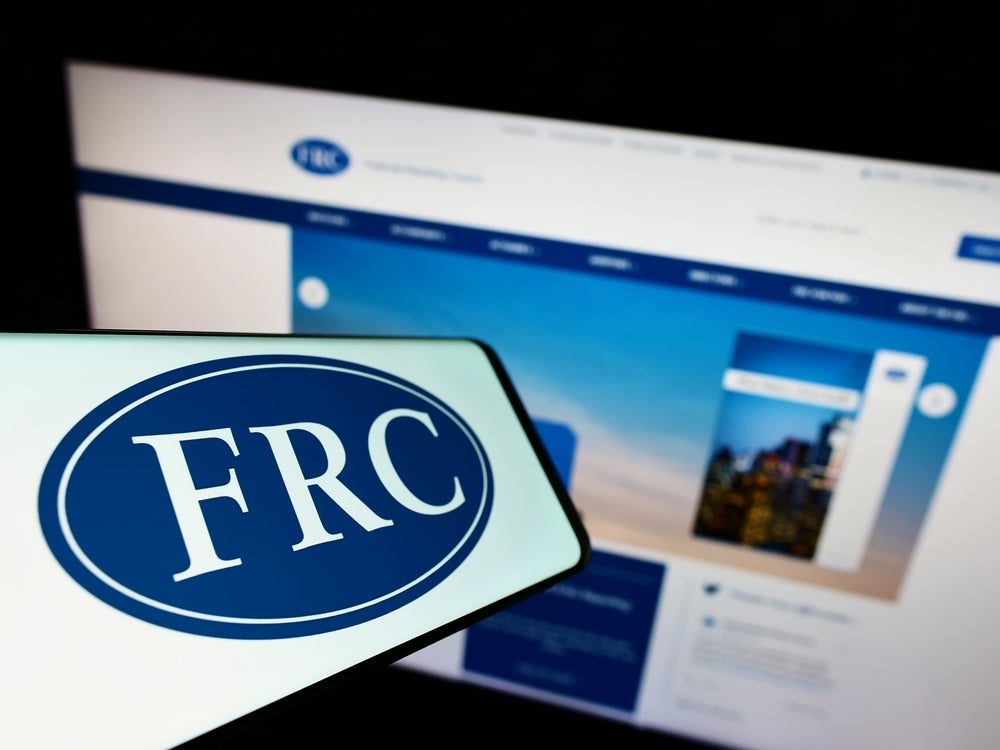Confidence in audit has grown, but more needs to be done to improve good practice, according to the Audit: An Overview 2015/16 report, by the Financial Reporting Council (FRC).
The report which examines confidence in UK audit states that confidence levels have increased due to factors such as the recent changes to independence requirements and the promotion of quality to drive competition.
Moreover, recent EU regulatory changes brought about with the tightening of rules around non-audit service provision and the introduction of mandatory rotation has also bolstered confidence in the audit process, especially by stakeholders who now have a clearer understanding of audits, states the report.
In 2015/16 the FRC assessed 77% of FTSE 350 audits it reviewed as requiring no more than limited improvements. The FRC considers that at least 90% of FTSE 350 audits should fall into that category by the end of its 2016/19 strategy.
This is a step in the right direction especially when considering the results of a survey conducted back in 2014, by YouGov (commissioned by the FRC), which revealed that investors and those more removed from the audit process did not share the same level of confidence as those close to it.
Melanie McLaren, FRC executive director for audit, said: “We have set our vision for audit in the UK: that audit is trusted to provide reliable assurance on the public reporting of financial performance, in addition to promoting good governance and facilitating the effective allocation of capital,” she added.
How well do you really know your competitors?
Access the most comprehensive Company Profiles on the market, powered by GlobalData. Save hours of research. Gain competitive edge.

Thank you!
Your download email will arrive shortly
Not ready to buy yet? Download a free sample
We are confident about the unique quality of our Company Profiles. However, we want you to make the most beneficial decision for your business, so we offer a free sample that you can download by submitting the below form
By GlobalDataSetbacks
The report goes on to mention however that ‘recent corporate failures’ and the increasing public scrutiny of auditors have undermined this progress.
The recent rise in public and regulatory scrutiny could impact the long-term quality of the profession as new talent will be fearful of this and will likely be deterred from pursuing it.
Also, the struggle of smaller firms to compete with the larger ones is a serious hindrance in the progress of audit confidence.
The FTSE 350 audit market seems to be concentrated on the Big Four firms while others are challenged by resources and the inability to withstand the cost of tendering processes.
Since the change to the UK Corporate Governance Code in 2012, the Big Four share of the FTSE 350 market has risen, from 96.7% to 97.4%. In the banking sector however all four of the firms are now involved in FTSE 350 audits compared to three previously.
The FRC have taken steps to promote justifiable confidence in UK audit since 2012 and have since set a regulatory framework “which will continue to apply as the UK responds to the outcome of the referendum on the UK’s membership of the EU,” said the FRC.
Moving forward: Brexit
“We will pay close attention to the decisions now taken by the Government and Parliament, and continue to work in collaboration with our stakeholders, particularly investors, business and the professionals we regulate,” the FRC said.
The FRC also said that they will continue to represent the interests of the UK internationally.
This is indeed evident as the FRC have already issued guidance on company reporting in light of the referendum. The regulatory body released yesterday issues for directors to consider when preparing forthcoming half-yearly and annual financial reports.
The highlights include the disclosure of business models by directors, asserting risks and uncertainties the EU referendum result may have on the future performance and position of the business and the volatility in markets in the coming period.





